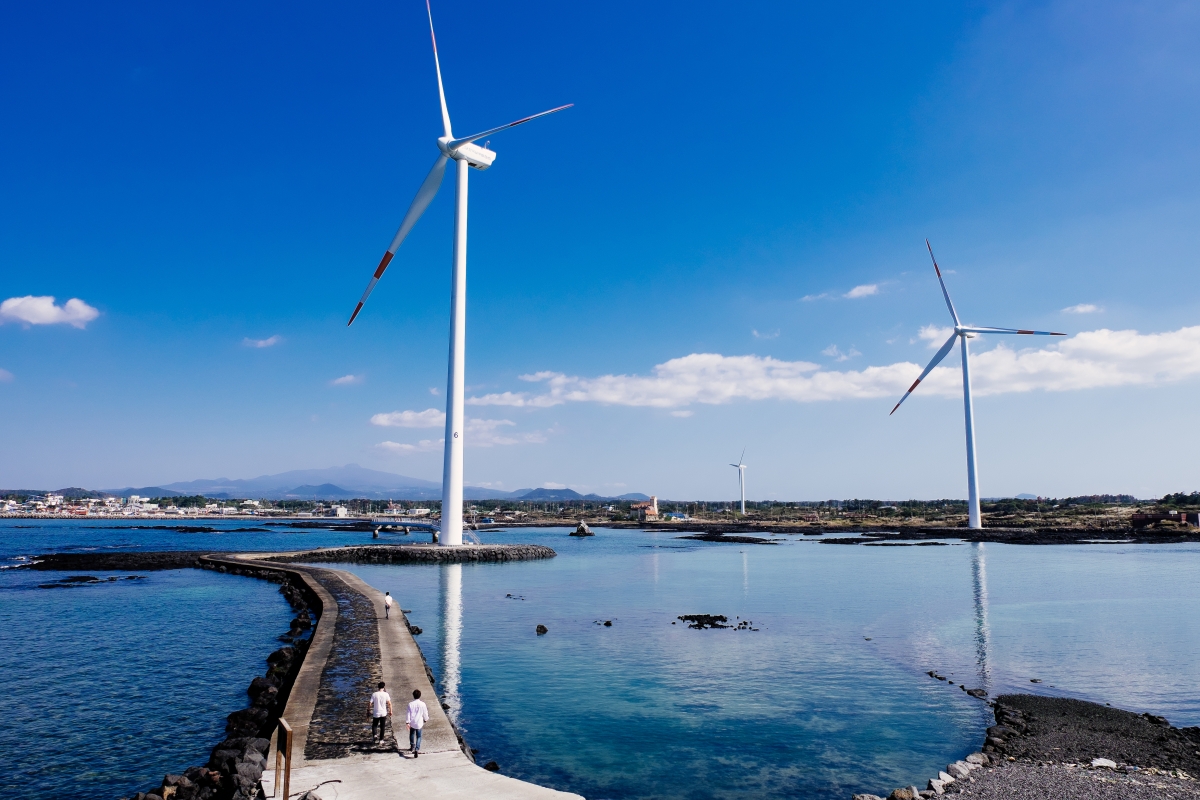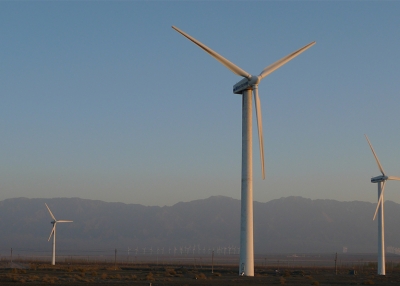The Pathway to an Effective ETS and Power Market Interaction: The Case of the Korean ETS

The power sector is one of the most important areas to cover in any emissions trading system (ETS), due to the scale and abatement potential of greenhouse gas (GHG) emissions in that sector. However, some critical challenges need to be overcome before an ETS can fulfil its emissions-reduction potential by driving fuel switching away from coal and toward renewables and low-carbon fuels. This is one of the most important topics for ETS development in Asia given the tight controls on power markets.
The case of the Korean ETS (K-ETS) provides valuable insights for the pathway to an effective interaction between an ETS and the power market to support power sector decarbonization, based on recent developments and potential next steps.
The Pathway to an Effective ETS and Power Market Interaction: The Case of the Korean ETS describes the details of recent developments in Korea's power market and the emission trading system to address insufficient emission reductions in the power sector, key future developments required, and learning points for ETSs in other Asian jurisdictions.


